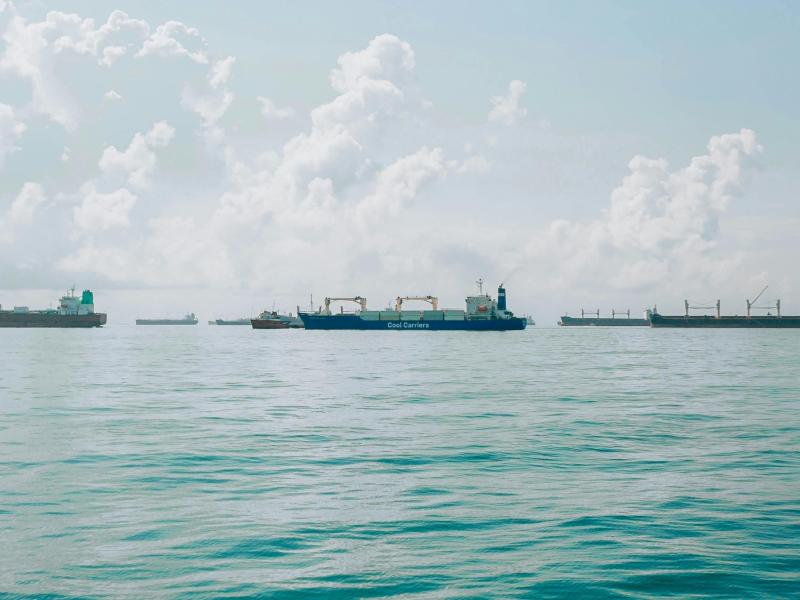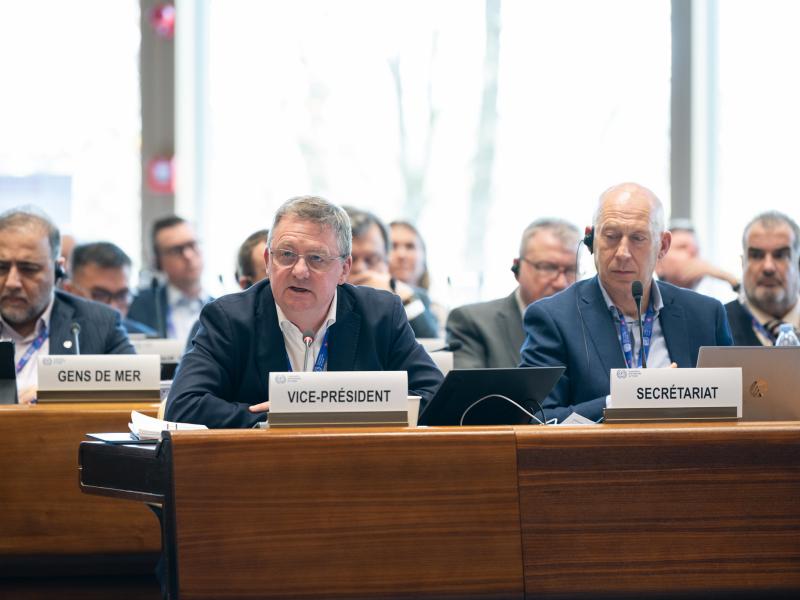Sixty-five delegates gathered on 5 and 6 February for a lively two-day conference in London. A series of panel discussions on the first day provided an overview of the situation and included views from organisations outside the labour community – such as manufacturers, employers and regulators.
The second day was reserved for unions (including international professional organisations) only, so that they could agree the basis of an ITF position and develop a global strategy with a strong national and regional focus to respond to the issue of remote towers.
Delegates stressed that unions were not against new technology but insisted that it should always either maintain or improve safety. They said that ATS affiliates categorically opposed simultaneous multi-tower operations – where the ATS service covers two or more airports and is provided to more than one airport simultaneously – because they could cause serious distraction and undermine flight safety.
Delegates agreed that the International Civil Aviation Organization (ICAO) should take the lead in developing global regulation for remote towers. They declared that the ITF and its affiliates would insist that the involvement of trade unions from the start of new technology discussions was essential for success.
The ITF agreed to compile a best practices toolkit, including strategies and materials, to support its affiliates.
ITF civil aviation section secretary Gabriel Mocho commented: “The introduction of remote air traffic control towers is a relatively new development but an increasingly live issue for our ATS affiliates.
“During the last two days, the unions have made it absolutely clear that they would strongly oppose the use of one control room to control several towers or for social dumping with cross-border operations.”
Keep up with industry developments at the ITF aviation blog.
Unions set strategies for emerging air traffic control technologies
news
ON THE GROUND
news
Press Release
20 years of advancing social dialogue and decent work at sea
Joint statement from the International Labour Organization, the International Chamber of Shipping, and International Transport Workers’ Federation on the 20th anniversary of the Maritime Labour
news
Press Release
ITF celebrates anniversary of landmark global treaty for seafarers
The ITF played a leading role in securing the now 20-year-old Maritime Labour Convention – and it continues to advocate for its implementation and updating to protect seafarers’ rights Before 2006
news
Urgent protection needed for Malian truck drivers after deadly convoy attacks
The International Transport Workers’ Federation (ITF) is calling on the government of Mali to urgently intervene to protect truck drivers following a wave of deadly attacks targeting fuel convoys and



